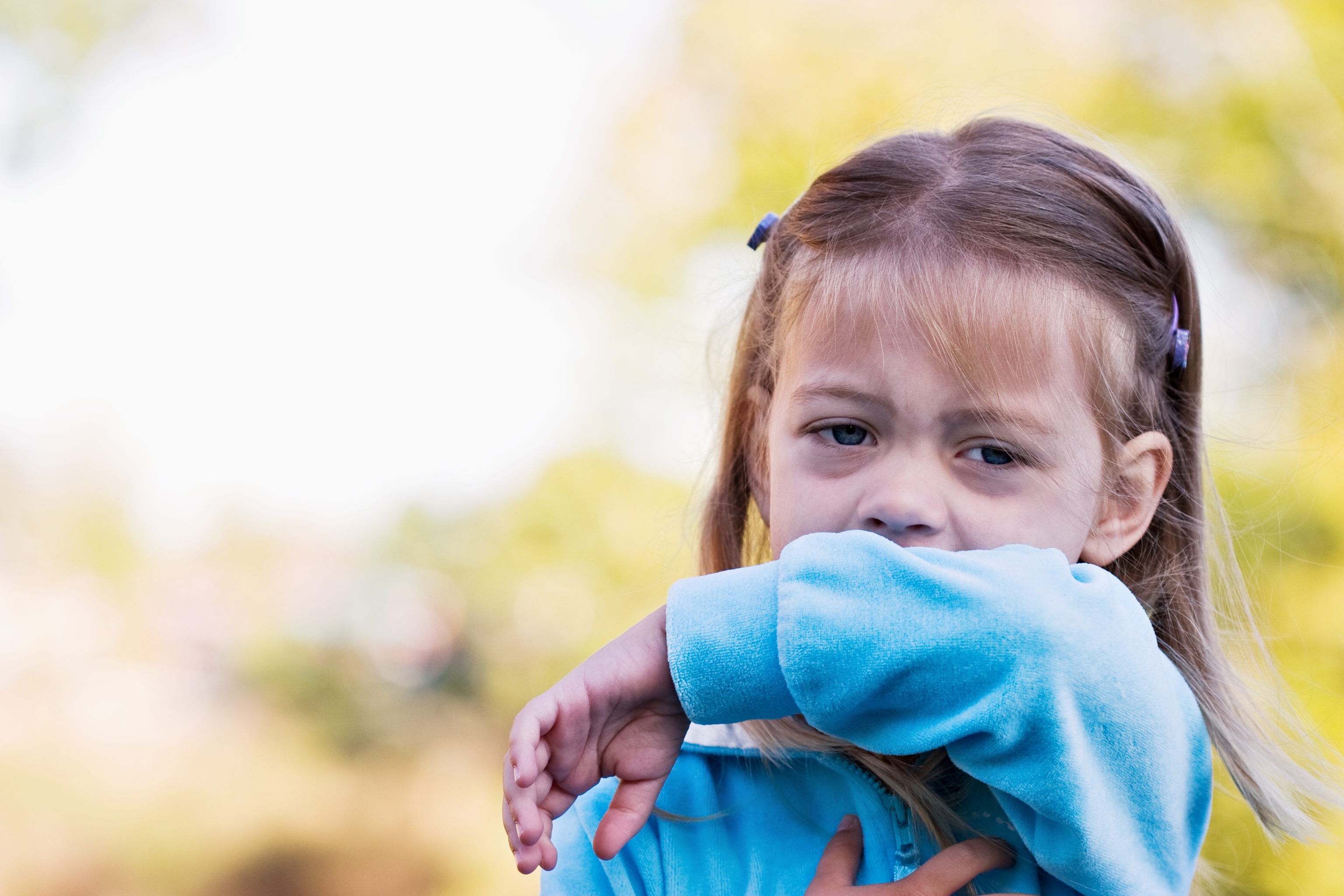
All about croup: symptoms and treatments
Coughing is a common symptom when kids get sick. But there’s one very distinct, barking cough that alarms parents when they hear it — and that seal-like sound often signals an infection called croup.
Here’s what you need to know during the winter months when croup is most likely to be passed around school. And if you ever need immediate care, bring your child into your local CityMD for a thorough evaluation and treatment.
What is croup?
Croup occurs when swelling develops on the larynx (voice box) and trachea (windpipe). It is caused by common cold viruses.
Who is at risk for croup?
Julia Sann, MD, a pediatrician at Summit Health, which provides primary and specialty care connected to your CityMD experience, says croup usually affects children who are six months to three years old because their airways are smaller. Still, anyone can come down with a case of croup. Some children are also more susceptible than others due to the size or shape of their airway.
Symptoms of croup
- There are three telltale signs of croup. Be on the lookout for a:
- Barking cough, which gets worse at night
- Hoarse-sounding voice
- Noisy, high-pitched whistling sound called stridor that is heard when you inhale. Stridor happens in more severe cases of croup. “Your child should see a doctor immediately if they are having stridor when happy and at rest as opposed to upset and crying,” advises Dr. Sann.
Other reasons to see a pediatrician include:
- Prolonged fever
- Cough for more than seven days
- Difficulty eating or drinking
- Your gut telling you something is wrong
Call 911 or visit the closest CityMD or emergency room if your child experiences any of the following:
- Significant fatigue from trying to breathe
- Muscles between the ribs pull inward when inhaling
- Skin is pale or bluish
- Altered level of consciousness such as failing to respond to their name or tickling of the hands and feet
How long does croup last?
Croup generally resolves in three or four days. Sometimes the cough may not resolve for a week or more.
Is croup contagious?
As with other cold and flu viruses, croup is contagious and spreads when someone sneezes, coughs, or shares cups and utensils. Young children are particularly susceptible because they play very closely together.
To prevent croup, Dr. Sann recommends frequent handwashing and avoiding contact with anyone who is sick. “Make sure to keep your child home from daycare or school if they are ill,” she says.
Is there a vaccine for croup?
“Unfortunately, like the common cold, there are no vaccines for most causes of croup,” Dr. Sann says. However, influenza and COVID-19 can cause croup, so it’s important to keep your child up to date on vaccinations.
Croup treatments
- Take a sick day. Most cases of croup only require the kind of care you’d normally give a sick child: fluids, bed rest, and nutritional meals. Use steroids when needed. Children with labored breathing, especially very young ones, may require a dose of steroids. “The steroids do not cure croup, but they can help reduce the swelling of the airway that makes breathing more difficult,” explains Dr. Sann. “In severe cases, children may be hospitalized to receive oxygen, steroids, and special nebulization treatments to help open up the airways.”
What are other remedies for croup?
- Breathe in cold air. A dose of cold air decreases swelling in the airways and improves breathing. If it’s winter, you can bundle up and take your child outside for a few minutes or leave the window open. In warmer months, Dr. Sann recommends opening the freezer door and breathing in the cold air.
- Take a steam shower. Fill the bathroom up with steam by closing the door and running hot water from the shower. Sitting with your child while they breathe in the steam can help loosen up the mucus and open their airways.
- Have a splash of honey. “Dark honey has been shown to be an effective cough suppressant, so I often advise watering down honey with a bit of water and giving that to children over the age of one,” says Dr. Sann. Remember, though, honey can be dangerous when given under the age of one. Avoid using honey until your children’s first birthday.
- Drink water. Good hydration is important and helps to thin out the mucous. If your child has a fever or is in pain from coughing, over-the-counter medicines like acetaminophen and ibuprofen can offer relief.
- Stay calm. “Try to keep your child calm and comfortable. Agitation can make breathing more difficult, so if any of these remedies are making your child upset, they aren’t worth it,” explains Dr. Sann. It can be difficult to stay calm when you hear a croup cough. Just remember in most cases, it sounds worse than it is.

We’re ready to care for you.
Visit any CityMD urgent care location in your community today for an evaluation with one of our expert providers.